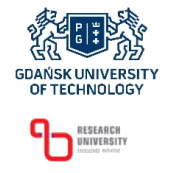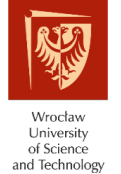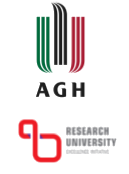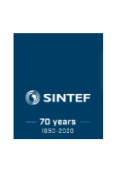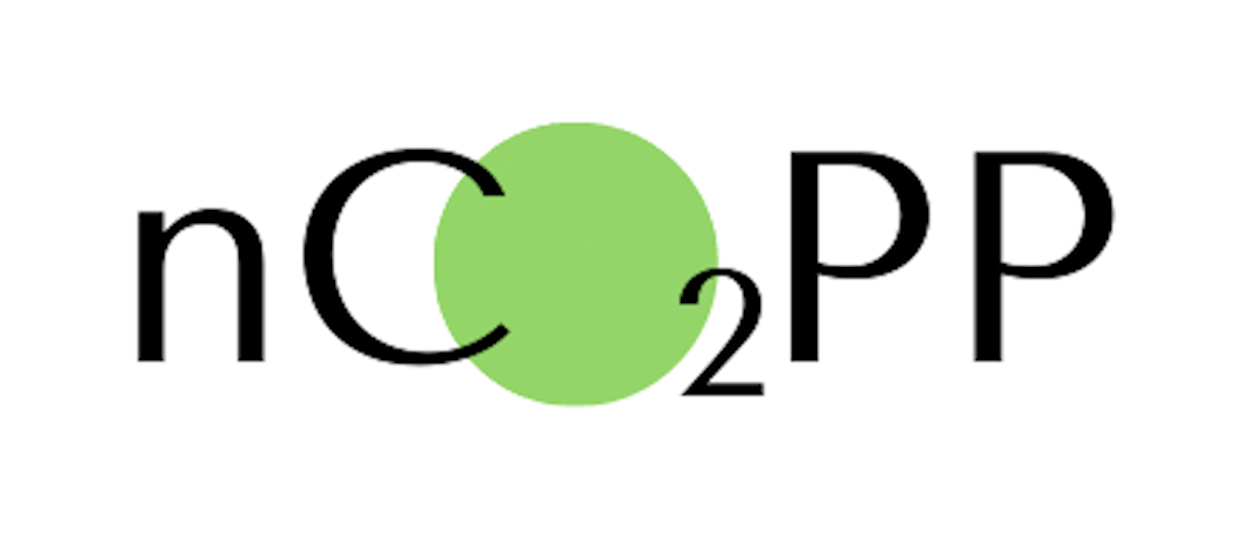

One of the primary objectives of the project is to develop an innovative technology together with the proof of concept, confirming the possibility of the use of sewage sludge to produce electricity while having a positive impact on the environment. The prototype of the power plant proposed in this project focuses on scrutinising of a new type of CCS/CCU system developed by the group from the Gdańsk University of Technology, the project leader, and subsequently development of the installation of sewage sludge gasification and its utilization in a gas-fired power plant with carbon dioxide capture. The synergy between the CCS/CCU plant and the proposed utilization of sewage sludge (which is considered a renewable energy source) enables the installation to achieve overall negative emissions of CO2. The additional advantage of vitrification of sewage sludge, owing to sufficiently high process temperatures), allows turning this problematical waste into a marketable product.
Another objective of the project is to intensify cooperation between the Gdańsk University of Technology and the project partners, i.e. two foreign partners, namely NTNU (Norges Teknisk-Naturvitenskapelige Universitet) and SINTEF (SINTEF Energi AS) and partners from Poland, i.e. Institute of Fluid-Flow Machinery of Polish Academy of Sciences, Wrocław University of Science and Technology, AGH University of Science and Technology and two Polish enterprises (IASE - Institute of Power Systems Automation Sp. z o.o. and Bros Control Sp. z o.o.).
Proposed process of utilization, called nCO2PP (negative CO2 Power Plant), ensures reaching of scientific objectives related to three essential theoretical elements of the project, namely: 1) a system that processes sewage sludge into syngas; 2) a system that burns the resulting fuel in pure oxygen in a dedicated wet combustion chamber; and 3) a system of a unique turbine cooperating with a spray-ejector condenser with carbon dioxide capture.
Additional experimental objectives related to the two demonstration installations responsible for the measurement campaign in various stages of the project are the first measurement part, consisting of modules for thermo-physical valorization of sewage sludge along with gasification, to be built at Wrocław University of Science and Technology. The second part, responsible for capturing CO2 as well as burning the synthesis gas in the atmosphere of pure oxygen, ensuring full combustion, will be accomplished in Gdańsk. The prototype of the spray-ejector condenser will be at the responsibility of AGH University of Science and Technology in Krakow in cooperation with SINTEF.
It follows from the above information that the main aim of the project is to design and assemble two demonstration installations, namely:
1) sewage sludge gasification – work conducted by research groups from Wrocław and NTNU;
2) combustion of this unusual fuel and subsequent CO2 capture (all partners).
To sum up, as a result of the project implementation, there will be developed technologies for the management of the syngas produced from sewage sludge gasification, and a dedicated wet combustion chamber with the use of oxy-combustion for the type of fuel developed. The intention of the applicants is to place the whole installation into a typical container and to demonstrate the capabilities of the developed technology, including a spray-ejector condenser, expander and heat exchangers. Once the system is integrated, it will be possible to capture CO2 from commonly recognised problematic waste and achieve a positive environmental impact, whilst generating electricity and heat.
The total cost of the project is PLN 18 248 886.96 PLN including the value of co-financing PLN 17 770 416.76 paid with a division into:
- 85% of the funding amount from the Norway Grants, which is PLN 15 104 854.25
- 15% of the funding amount from the resources of a designated subsidy state budget, which is PLN 2 665 562.51
Project implementation period: 42 months (01/11/2020 - 30/04/2024)
 Polski
Polski
 English
English
